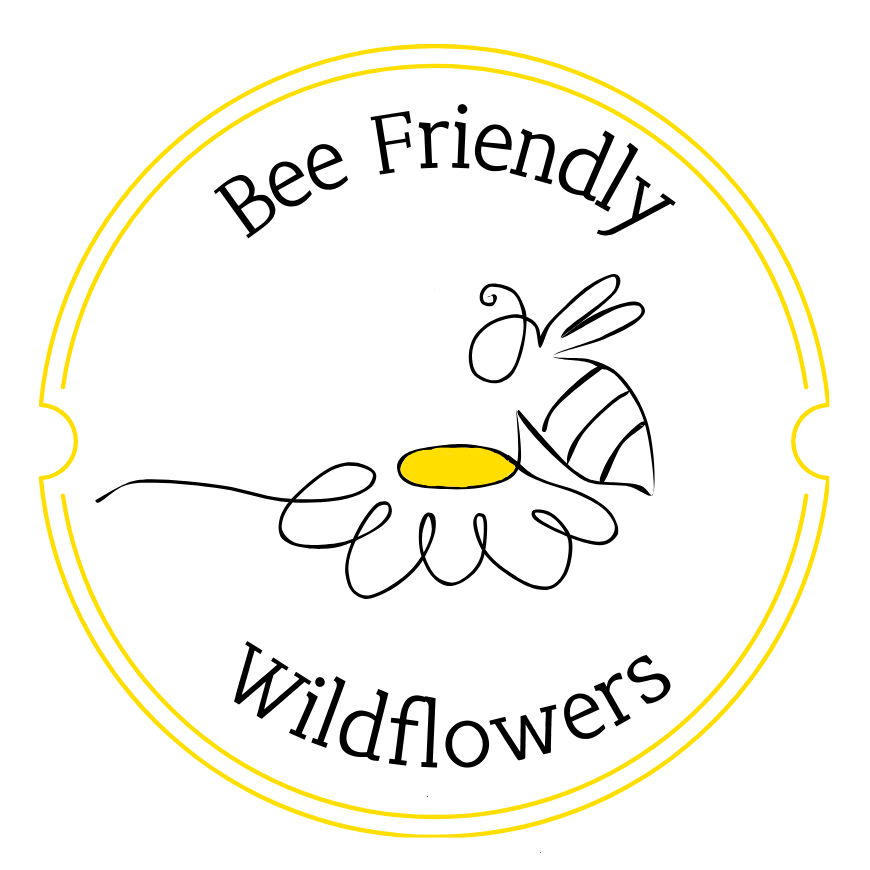Community Projects: 90% of our plants have been donated to community projects
Supporting local non-commercial groups and charities that want to grow wildflowers is the main purpose of Bee Friendly Wildflowers. Starting in Yorkshire we took part in a local initiative to grow wildflowers in gardens, verges and common grounds. We have now relocated to Lancashire where we have more of our own space to grow wildflowers from locally collected seed. Since starting out in late 2023 we have grown and donated nearly 6000 seedlings and plug plants (92% of our turnover) to various local projects, primarily through the Hermitage Meadow Project but also to many other local projects.
Hermitage Field Community Meadow: This charity aims to restore 5.5 acres of land around the Crook O’Lune in the Forest of Bowland into wildflower meadows, using only donations and volunteers to create an incredibly beautiful area, with outstanding views across the river Lune open to all individuals and wildlife creatures alike.
In 2024 we donated 1500 seedlings and plugs to the Hermitage Field Community Meadow project (HFCM) including melancholy thistles, meadowsweet, ox-eye daisies and red campion.
More information about the Hermitage Field Meadow charity go to their website here: https://hermitagefieldcommunitymeadow.com/
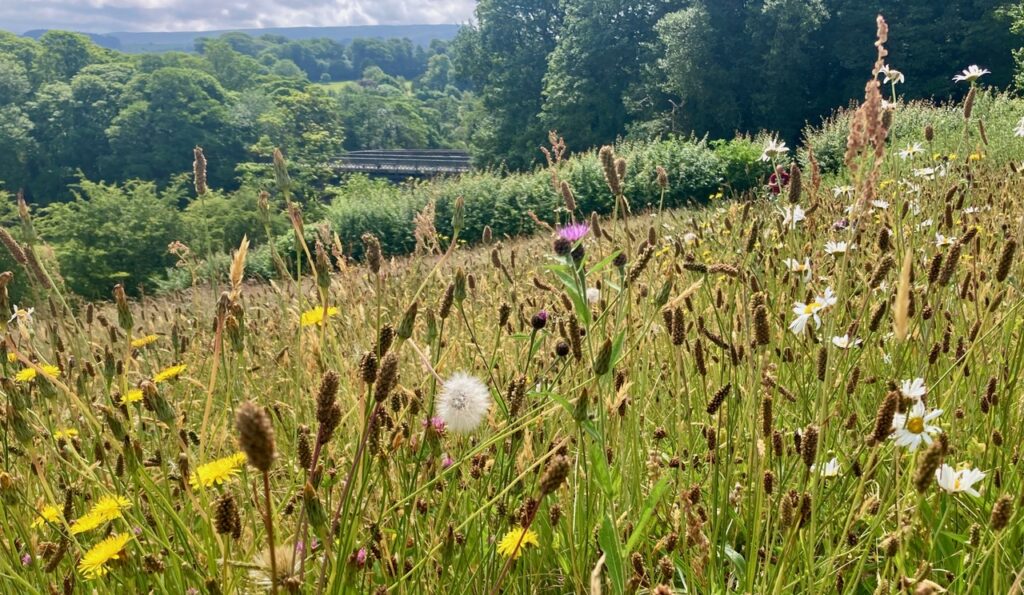
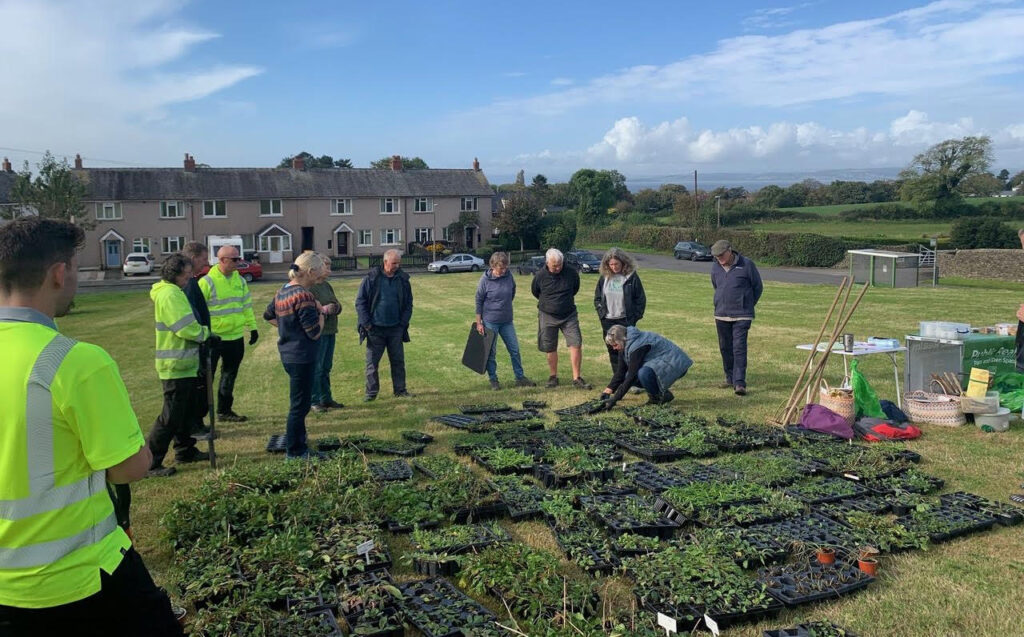
Manor Crescent at Slyne: Through the HFCM we donated many plug plants to help local individuals convert their green, with its views across Morecambe Bay, from a plain green field into a community meadow. Supported by local volunteers and Lancaster City Council, an autumnal day in 2024 was spent planting 1000s of plug plants.
This summer we hope to see this green become a blaze of colour, attractive to all those living around the area and most importantly encouraging the biodiversity of the area.
Freemans Wood: The Friends of Freeman’s Wood completed the purchase of 27 acres of land in 2023, which includes the Freeman’s Wood Town Green and a smaller rectangle of woodland between the Town Green and Coronation Field in Lancaster. The group are implementing a woodland management and grassland/wildflower management plan, with support from HFCM, to promote biodiversity. Many of our plug plants will be going to this project this spring.
For more information about Freeman’s Wood go to their website here: https://www.freemanswood.com
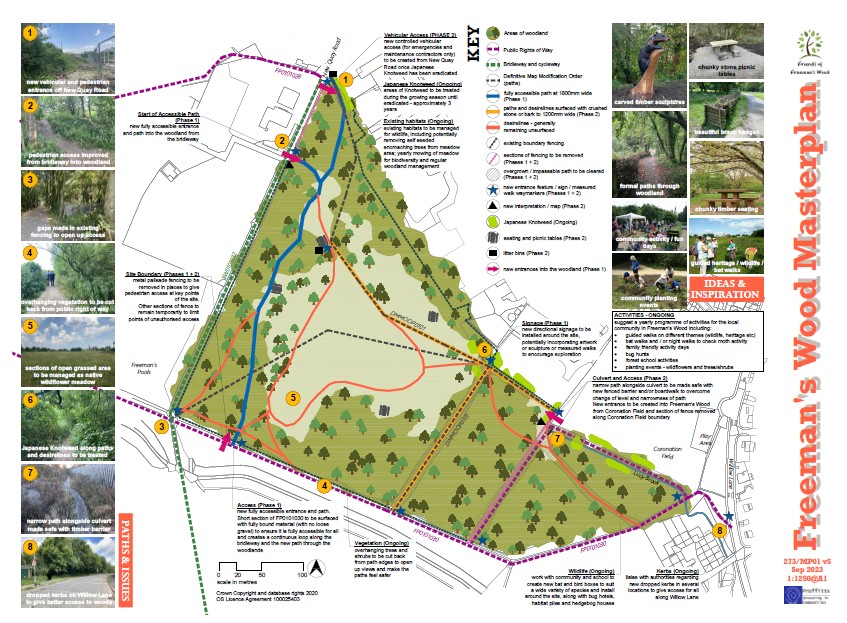
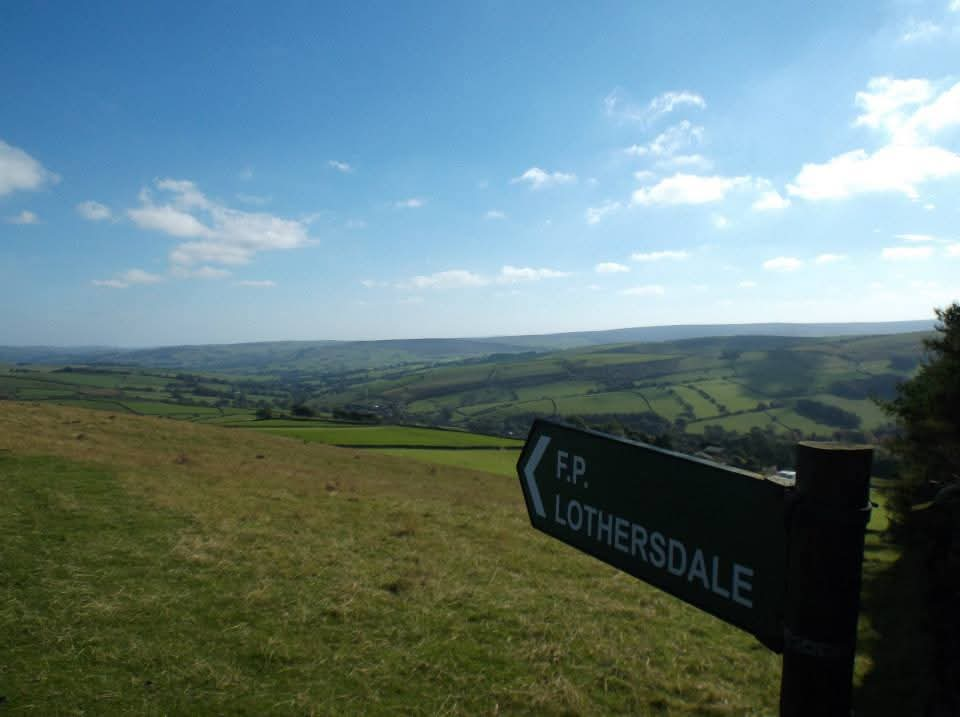
Wild about Lothersdale Project: We donate hundreds of wildflower plug plants such as common knapweed, autumn hawkbit, red campion, small scabious, bush vetch and meadow cranesbill to Wild About Lothersdale community group, for planting out in various locations.
For more information on this project go to http://www.lothersdaleparishcouncil.gov.uk/wild-about….
Wild Ingleborough: BFW are proud to be signed up as “growing at home” volunteers. Every autumn we are given wildflower seed (sourced from Ingleborough reserves), compost and trays by the Wild Ingleborough nursery, to sow and grow seedlings for their project. This spring we successfully took over 650 melancholy thistle, betony and sneezewort seedlings to the Wild Ingleborough project’s upland plant nursery for growing on.
For more information on this project go to https://www.youtube.com/watch?v=nHtQU7hb89k
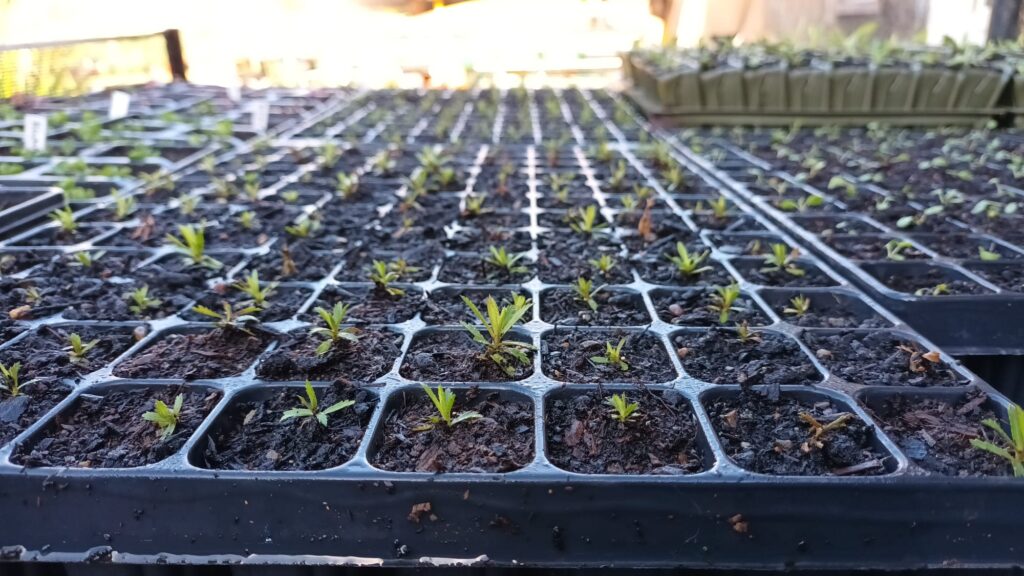
Local Primary School: We offered some of our surplus plants to the school in our home village and in spring 2025 the children planted 16 different species of wildflowers, a total of 138 plants, in a raised bed, a patio area and a small woodland, all in just one afternoon. Species planted included teasel, ox-eye daisies, ragged robin, red campion, cuckoo flowers and melancholy thistle. Scabious, cat’s ear and knapweed were among those kindly donated by https://hermitagefieldcommunitymeadow.com/. The children carefully watered it throughout the long dry spell and three months later it is beautiful! Lots of borage, that was already in the soil, but if you look closely you can see the daisies, a mel thistle and a teasel whilst the ragged robin has gone to seed. Bees were busy buzzing in the summer sun.

Other projects that we have supported through HCMP are the planting of wildflowers along the verges in Arnside (run by the Arnside Biodiversity Group https://www.arnsidevillage.co.uk/directory/arnside-wildflower-verge-project/) and in Lancaster parks and verges as part of the Lancaster City Council’s aim to improve biodiversity around Lancaster.
